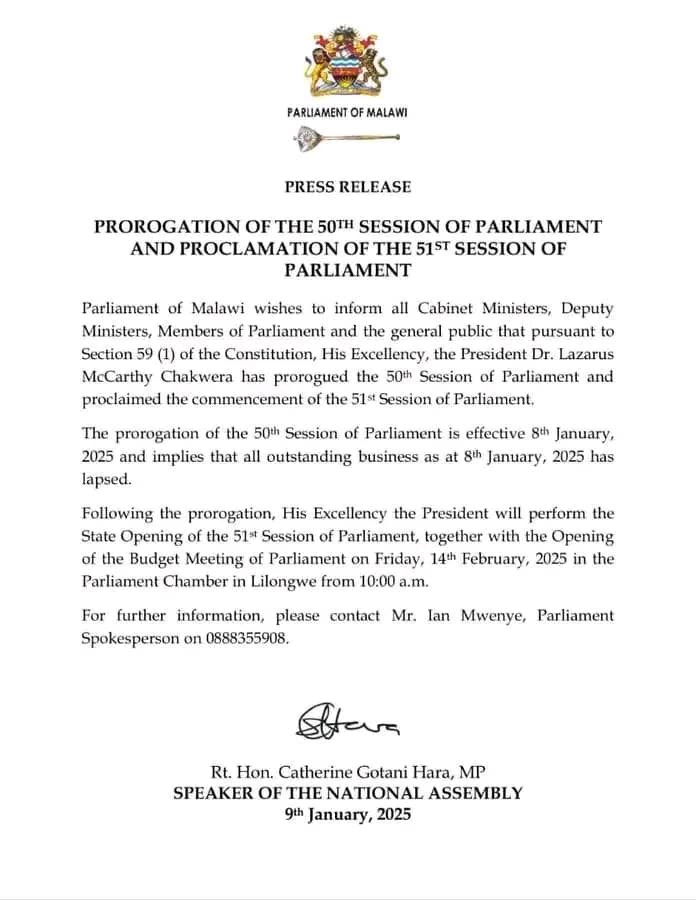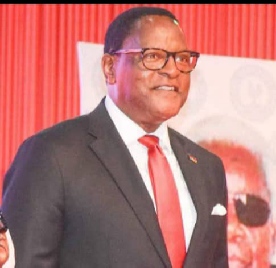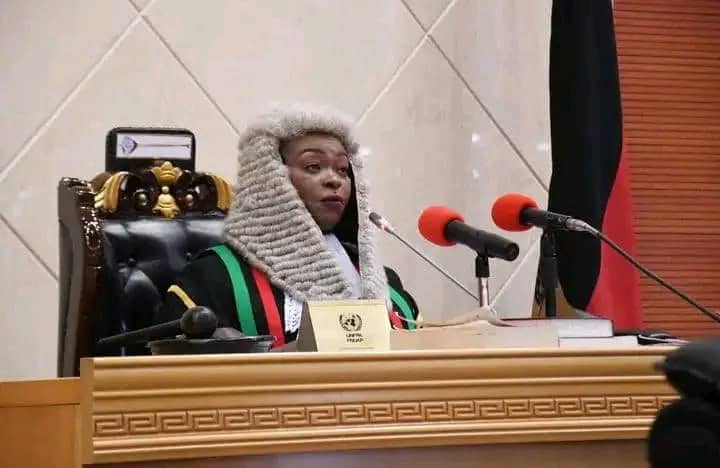By Burnett Munthali Malawi Freedom Network
The 50th Session of Parliament in Malawi has been officially prorogued, marking the end of an important chapter in the country’s legislative calendar. Following the prorogation, President Lazarus Chakwera has issued a proclamation for the opening of the 51st Session. This transition in parliamentary proceedings holds significant implications for Malawi’s political landscape, shaping the priorities of governance, lawmaking, and national discourse in the coming year.
Prorogation is the formal closure of a parliamentary session, after which all legislative business is halted until the next session is proclaimed. The 50th Session of Parliament was brought to a close amidst a number of debates, legislation, and motions that have sparked public discussions throughout the year. The decision to prorogue this session was in line with constitutional requirements and parliamentary procedures, which allow for a pause before the commencement of a new session. This has allowed lawmakers time to regroup and assess their progress and pending legislative duties.
Among the critical issues raised during this session were the country’s economic challenges, governance, and issues surrounding national security. The session also focused on scrutinizing government policies, including budget allocations, economic recovery strategies, and the public service sector. Although some of the proceedings were met with criticism from opposition members and civil society groups, the prorogation of the 50th session signals a moment for reflection and regrouping before the next wave of legislative work begins.
With the prorogation of the 50th Session, the attention now shifts to the proclamation of the 51st Session of Parliament. President Lazarus Chakwera’s announcement marks the start of a new phase in Malawi’s legislative processes. The 51st Session holds the promise of introducing new bills, policies, and frameworks that will shape the future of the nation.
In his proclamation, President Chakwera emphasized the need for a renewed focus on addressing the country’s economic challenges, improving governance structures, and fostering unity among Malawians. He called on lawmakers to put aside partisan interests and work toward tangible solutions to the most pressing issues facing the nation. The proclamation highlights the importance of swift legislative action in addressing Malawi’s fiscal concerns, unemployment rates, inflation, and the ongoing fuel and foreign exchange crises.
The opening of the 51st session is also expected to include a broader agenda that aligns with the government’s priorities for national development. Key topics likely to dominate the debates will include fiscal reforms, infrastructure development, health care, education, and poverty alleviation. The government’s performance in the wake of these challenges will be under scrutiny, with opposition parties likely to push for greater accountability.
Key expectations for the 51st session
- Economic Reforms and Budget Appropriations: The 51st session is expected to deal with the continuation of efforts to stabilize Malawi’s economy. This includes further revisions to the national budget and new strategies to address the economic challenges facing the country. Given the current inflation rates and foreign exchange crises, the session is anticipated to introduce measures that aim to restore economic stability.
- Governance and Anti-Corruption Efforts: Malawi’s governance issues have been a focal point of discussion for years, with corruption continuing to be a major concern. The 51st session of Parliament will likely see the introduction of new anti-corruption measures, designed to foster greater transparency and accountability in government dealings. Lawmakers are expected to focus on strengthening institutions tasked with combating corruption, such as the Anti-Corruption Bureau (ACB), and enhancing the rule of law.
- Social Welfare Policies: The ongoing social and economic challenges faced by ordinary Malawians require urgent attention. Legislators are expected to push for new welfare programs to alleviate the burden of inflation, rising food prices, and unemployment. Health care and education are likely to remain central issues, with calls for increased funding to improve these sectors.
- Electoral and Political Reforms: As the country approaches the 2025 general elections, political reforms may be introduced to ensure the integrity of the electoral process. Debates on the independence of the Electoral Commission, the introduction of new electoral laws, and calls for fairer representation are expected to be major topics of discussion in the 51st Session.
- Climate Change and Environmental Protection: With increasing concerns over climate change and its effects on agriculture, the 51st Session will also see deliberations on environmental sustainability. Legislative action on climate change adaptation and disaster management will be key, as Malawians are feeling the effects of erratic weather patterns and floods.
The prorogation of the 50th Session of Parliament and the subsequent proclamation of the 51st Session are crucial milestones in Malawi’s political calendar. As lawmakers reconvene, the expectations are high for concrete actions that will tackle the country’s pressing challenges. The 51st Session of Parliament will not only determine the direction of economic and political reforms but will also shape the future of Malawi’s governance. The ability of the legislative body to work together and implement policies that address the needs of the people will be a key determinant in the country’s ability to recover from the numerous challenges it faces today. With heightened public scrutiny, it is clear that the government’s performance in the coming months will be critically observed, and the road ahead will require a determined and accountable approach.




